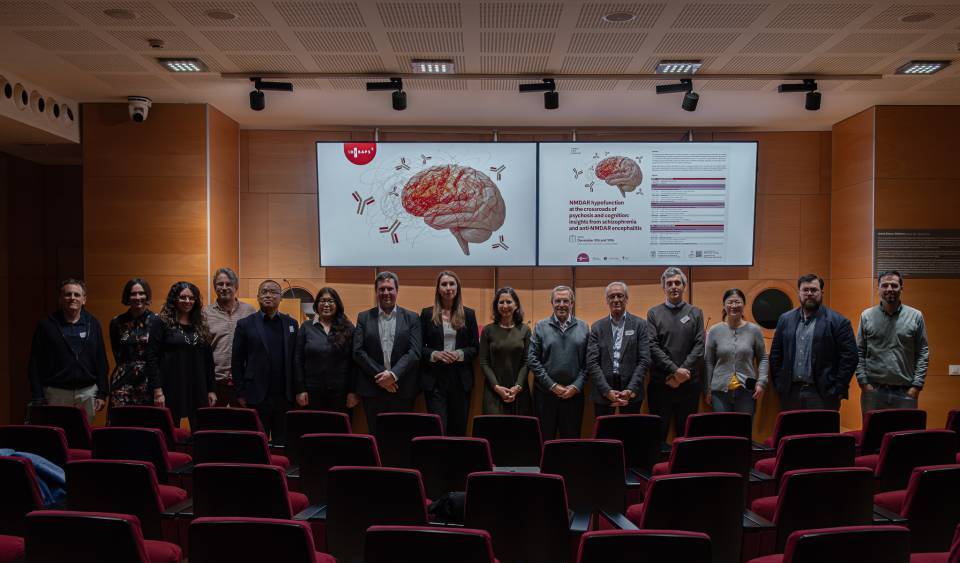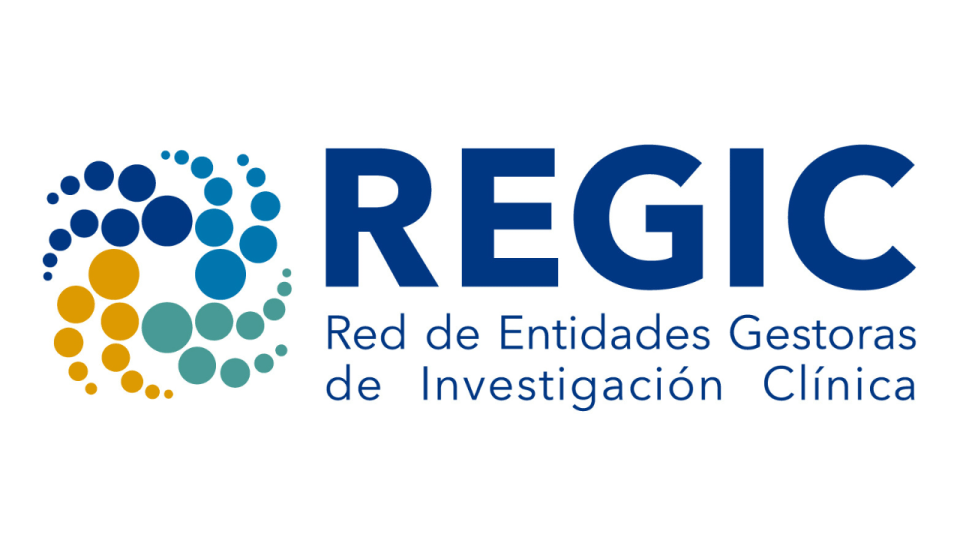Between 25 and 40% of people with hepatic cirrhosis present bleeding from oesophageal varices, a circumstance that increases their risk of death. Endoscopic treatment with elastic band ligation is the main strategy used for treating and preventing haemorrhages due to this disorder. However, one or two weeks after the procedure, some patients can suffer haemorrhagic complications. To prevent this complication involving bleeds, the prophylactic administration of frozen plasma and platelets in patients with coagulation problems is recommended, despite there being no scientific evidence on their efficacy.
Now, a team of researchers from the IDIBAPS Liver Transplantation and Graft Viability group, led by Andrés Cárdenas, together with scientists from the Gastrointestinal Unit at the Hospital Clínic, the Parc Taulí Health Consortium, the Terrassa Health Consortium and Hospital Mútua, and the CIBER (Biomedical Research Centre) on Hepatic and Digestive Disorders (CIBEREHD), has concluded that the prophylactic use of platelets and plasma does not prevent the appearance of haemorrhagic complications.
“The study, published in the journal JHEP Reports, analyses 536 patients from the four participating hospitals. On average, each of them underwent two procedures”, explains Cárdenas. “In line with the results, we can say that bleeding after endoscopic treatment with band ligation is very infrequent, as only 4.8% of the patients experienced it, and it is directly related with the degree of liver disease”.
The details have shown that the haemorrhaging is not related with any of the coagulation parameters habitually measured before the procedure, nor with the correction of it through the prophylactic administration of hemoderivatives.
The researchers highlight that this is the largest analysis conducted to date to evaluate the role of prophylactic transfusions of platelets and plasma to patients with cirrhosis and oesophageal varices who undergo endoscopic treatment. They also alert that the parameters used to measure coagulation, such as prothrombin time, partial thromboplastin time, platelet counts and fibrinogen, do not reflect haemostatic competence, i.e., the state of the physiological mechanism responsible for preventing haemorrhages, in this population of patients. Furthermore, the correcting of these parameters with the goal of reducing haemorrhagic complications may involve more risk than benefit in many cases.
Andrés Cárdenas has received funding from the Instituto de Salud Carlos III and the State Plan for Scientific and Technical Research and Innovation. Project number PI19/00752.
Reference article
Annabel Blasi, Salvador Machlab, Raquel Risco, Joao Pedro Costa-Freixas, Geovanny Hernández-Cely, Diana Horta, Alex Bofill, Pablo Ruiz-Ramirez, Joaquim Profitos, Josep Marti Sanahuja, Alejandro Fernandez-Simon, Mercedes Vergara Gómez, Jordi Sánchez-Delgado, Andrés Cardenas. A multicenter analysis of the role of prophylactic transfusion of blood products in patients with cirrhosis and esophageal varices undergoing endoscopic band ligation. JHEP Rep. 2021 Sep 16;3(6):100363. doi: 10.1016/j.jhepr.2021.100363. eCollection 2021 Dec.




